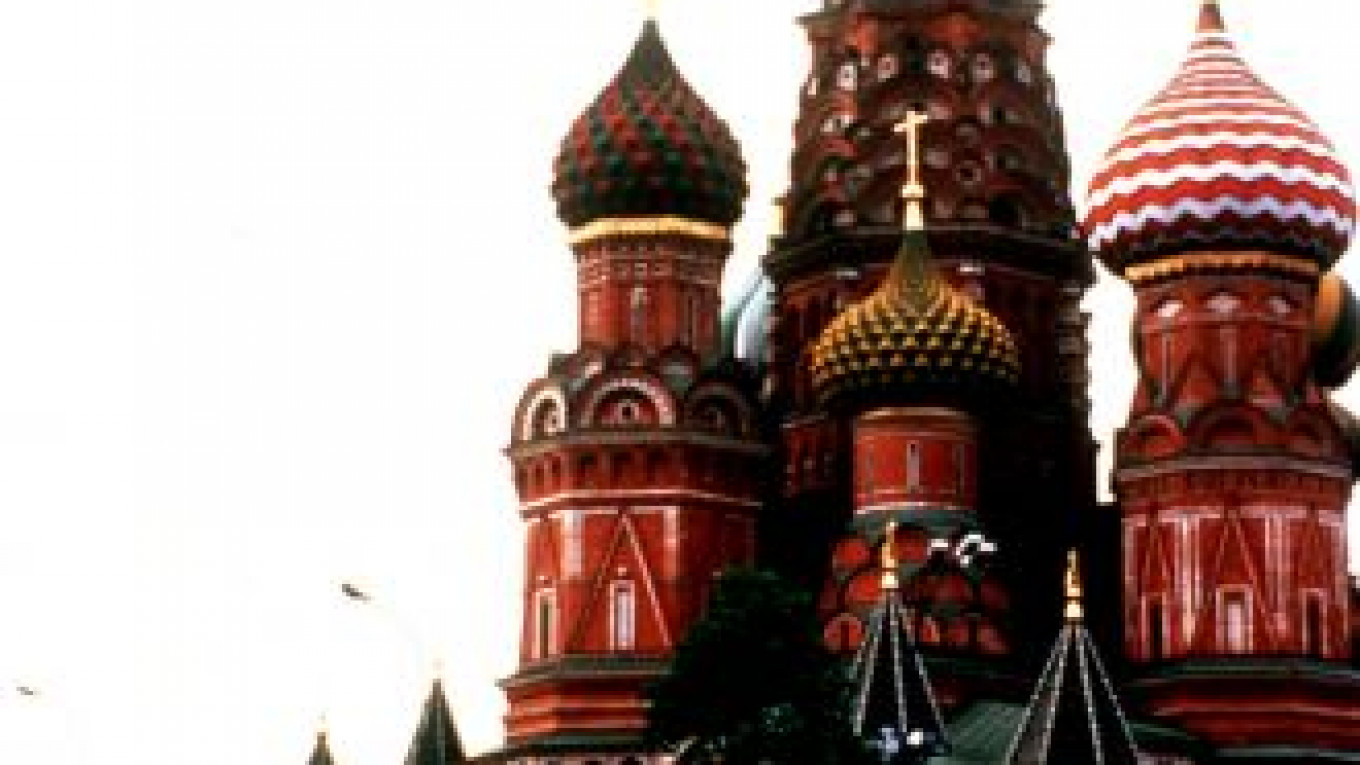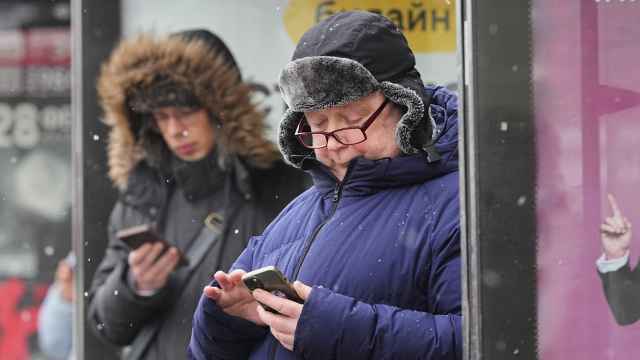When Mathias Rust landed his white Cessna on Red Square on May 28, 1987, he had placed all his hopes for world peace in Mikhail Gorbachev.
The 19-year-old amateur pilot from a well-to-do Hamburg suburb was aware of the risk he took by flying into Soviet airspace, then among the world's most tightly guarded.
"I thought that if Gorbachev won't allow it, they would punish me," Rust, who is 44 today, told Komsomolskaya Pravda in an published Thursday.
Rust wanted to end the Cold War by stunning the world with his daring flight right into the heart of the Soviet empire.
He started his six-hour flight in Helsinki and was extremely lucky not to be shot down by MiG-23 fighter pilots, who were looking for him after he appeared on Soviet radar screens.
He passed over an Air Force training area in the Pskov region and flew through Moscow's formidable air defense ring, which was switched off for maintenance.
Rust maintains that he did not hide from radar and constantly kept at 600 meters altitude. Experts say Rust was spared because the country's leadership was reluctant to attack civilian aircraft after Soviet fighter jets shot down a Korean jumbo jet in 1983, killing 269 people.
Rust said he was ill-prepared for the landing because he had only a rudimentary knowledge of the city's geography.
"I had to circle many times before I found Red Square," he said, adding that he managed to do so only thanks to the landmark Hotel Rossiya, which was torn down in 2006.
He managed to bring the plane down safely on Moskvoretsky Bridge on the other side of St. Basil's Cathedral only because electricity cables that usually span it had been taken down.
Rust was sentenced to four years in a labor camp. He was released in 1988 after spending 14 months in Lefortovo Prison.
Since then, Rust has had a patchwork career, including stints as a poker player and freelance peace mediator in the Middle East. He plans to open a yoga school in Hamburg.
He says now that he regrets his stunt.
"I would not do it again. … It was irresponsible," he German magazine Stern in an article this month.
A Message from The Moscow Times:
Dear readers,
We are facing unprecedented challenges. Russia's Prosecutor General's Office has designated The Moscow Times as an "undesirable" organization, criminalizing our work and putting our staff at risk of prosecution. This follows our earlier unjust labeling as a "foreign agent."
These actions are direct attempts to silence independent journalism in Russia. The authorities claim our work "discredits the decisions of the Russian leadership." We see things differently: we strive to provide accurate, unbiased reporting on Russia.
We, the journalists of The Moscow Times, refuse to be silenced. But to continue our work, we need your help.
Your support, no matter how small, makes a world of difference. If you can, please support us monthly starting from just $2. It's quick to set up, and every contribution makes a significant impact.
By supporting The Moscow Times, you're defending open, independent journalism in the face of repression. Thank you for standing with us.
Remind me later.







